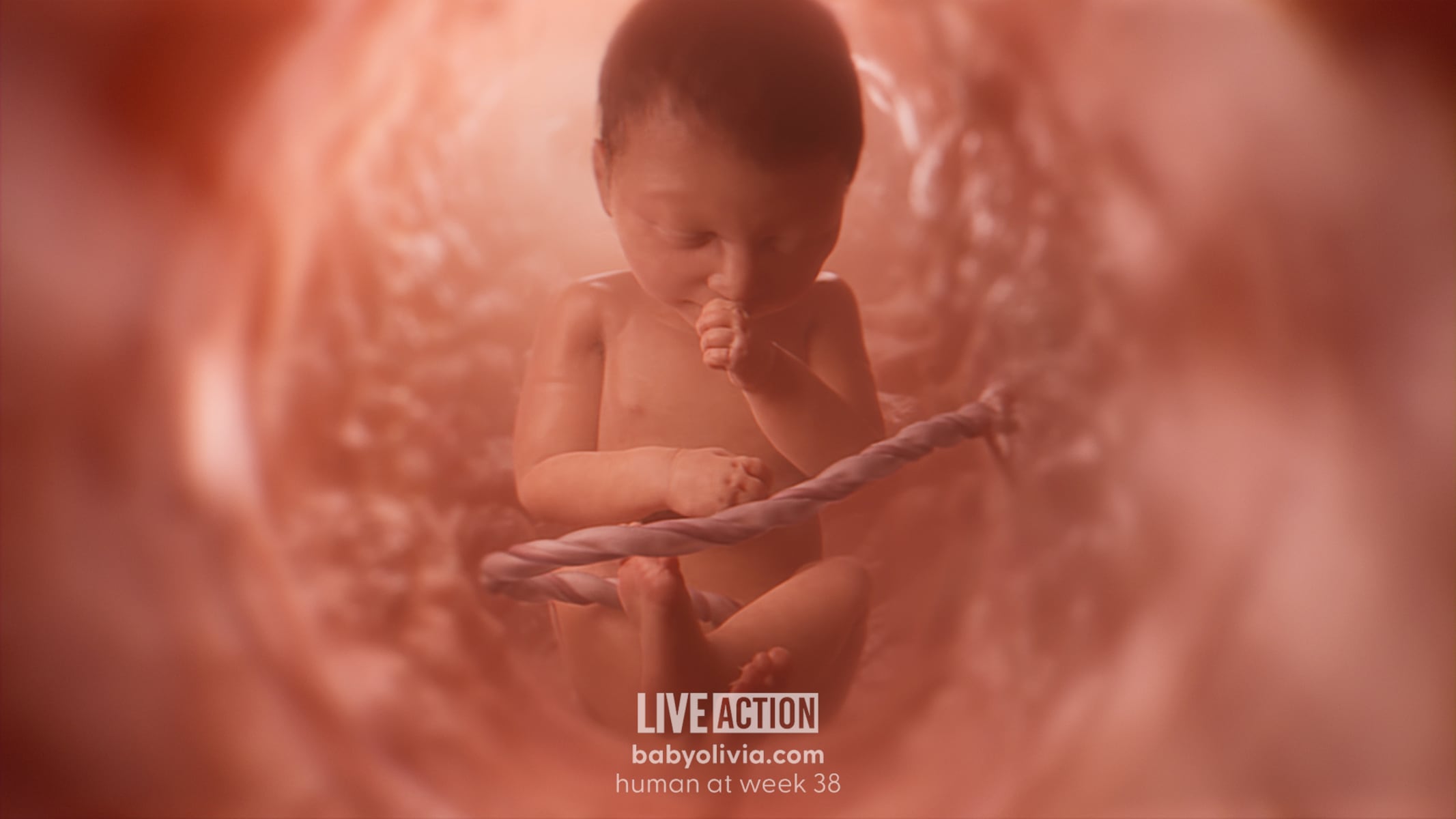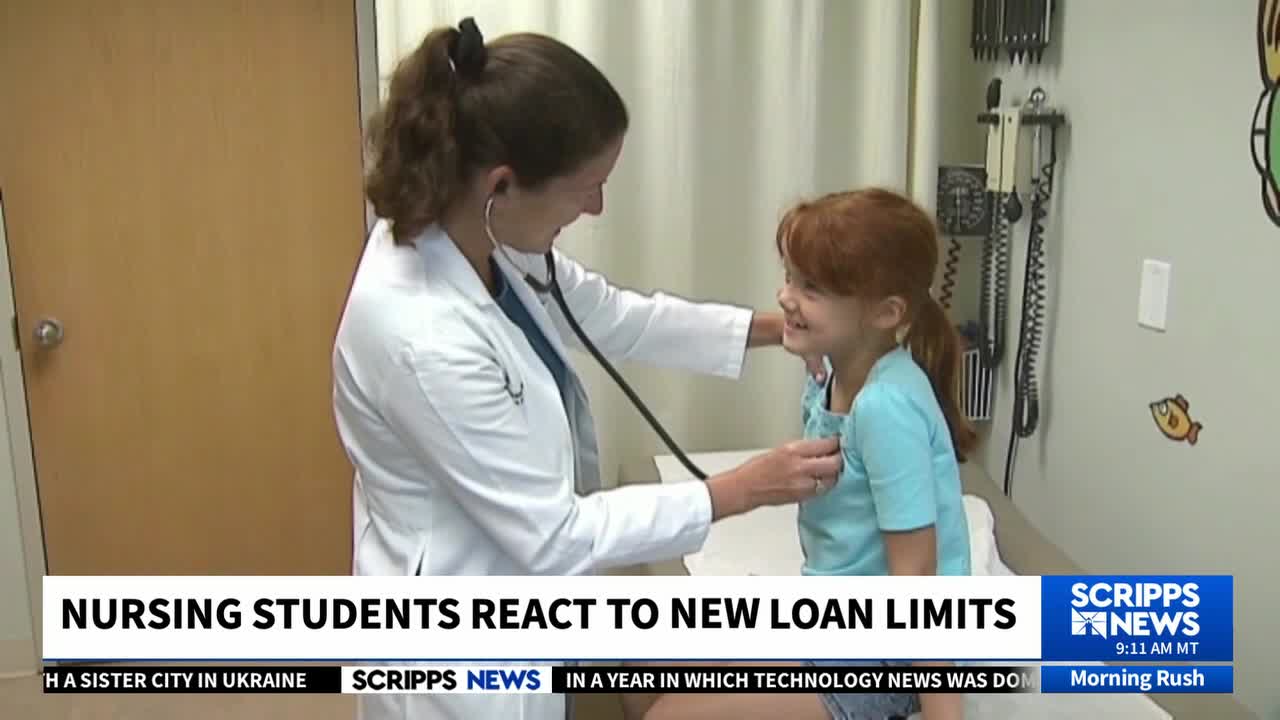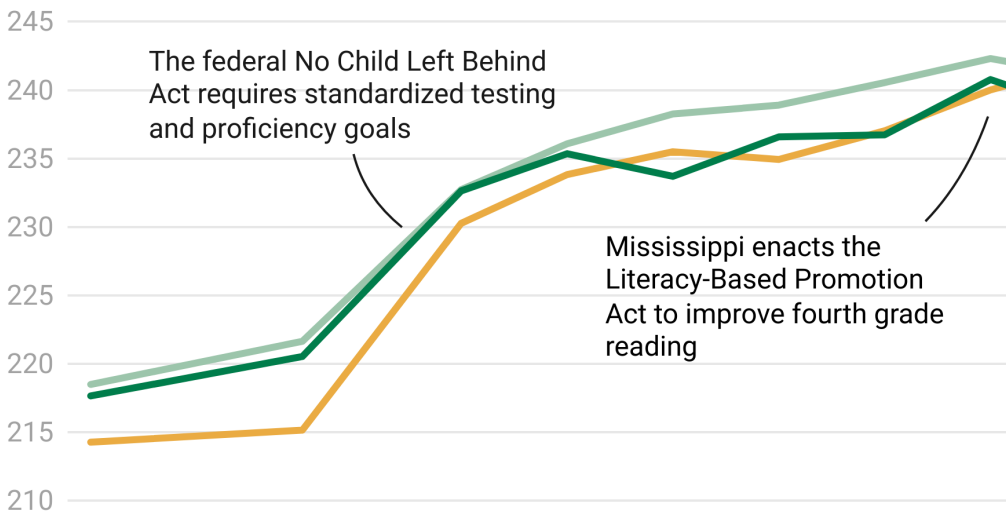The Ohio House Education Committee approved legislation on Tuesday that mandates public schools to show students a controversial video depicting fetal development. The bill, known as the “Baby Olivia Act,” passed with an 8-4 vote and will now move to the full House for consideration. Advocates and health experts have raised concerns about the accuracy of the video promoted by the bill’s sponsor, Rep. Melanie Miller, a Republican from Ashland.
Beginning in the 2026-2027 school year, the legislation requires schools to incorporate a video lasting at least three minutes, featuring animations or ultrasound images of early human development, into any course covering human growth, development, or sexuality. As of October 2023, six states—Idaho, Indiana, Iowa, Kansas, North Dakota, and Tennessee—have enacted similar laws, while over 20 additional states are contemplating legislation of the same nature.
The video in question, titled “Meet Baby Olivia,” is produced by the anti-abortion organization Live Action. It portrays an animated fetus named Olivia as it develops over the course of the video. In response to concerns, the committee included a provision allowing parents or guardians to request that their children be excused from viewing the video. An amendment also removed earlier provisions that would have given the state attorney general the authority to enforce compliance with the law.
Amendments introduced during the hearings allowed schools to present a video that is “substantially similar” to the “Baby Olivia” video, rather than requiring the use of that specific video. The legislation would enable the video to be shown to students starting as early as fifth grade.
Democratic members of the committee proposed a series of amendments aimed at allowing the use of alternative “medically accurate sex education” videos. However, these amendments were rejected, raising further concerns about the educational materials that will be mandated.
Rep. Miller has asserted that the “Baby Olivia” video is scientifically accurate. Nevertheless, the American College of Obstetricians and Gynecologists has criticized the video, labeling it as misinformation designed to evoke emotional responses. The organization highlighted that the video inaccurately claims a fetal heartbeat can be detected at three weeks, stating that fetal cardiac development occurs gradually and that the term “heartbeat” is misleading until later stages of development.
Kellie Copeland, the executive director of Abortion Forward, expressed similar concerns, asserting that the video does not represent scientifically accurate information. Copeland emphasized the potential consequences of presenting such material in educational settings, stating, “The video is not scientifically accurate.”
As the legislation progresses to the full House, it has already ignited a broader debate about the role of educational content in public schools and the accuracy of information provided to students regarding human development and reproductive health.







